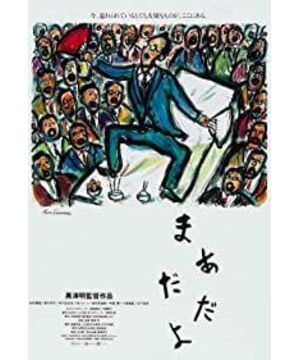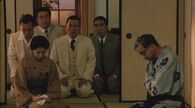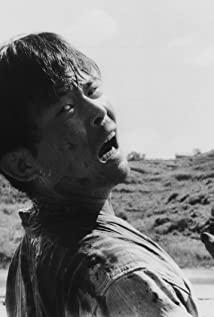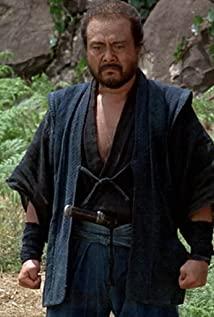The whole film is like the master's last memories of himself in his entire life: teachers and students are like him and the movie, and his wife and cat are like family. The last teacher-student gathering in the film is like the master's talk to himself and his younger generation. The teacher-student relationship in the film is a perfect story. If possible, you can imagine how the teacher in this story taught the students when they were young, perhaps like the "Dead Poets Society" or the cattle herding class. Spring "". The most repeated in the film is "getting fruit? Not getting it." This is not just the times, age, and changes in the environment around him. It's more of a dialogue about his own pursuit. I was very impressed by what the teacher said to the children of the students: "You can find something that you really like, and find something that you can remember. When you find it, you have to work hard to remember it in your heart. At that time, If you want to get these treasures, you have to work hard. If you study hard, this will become your lifelong career, and it is your real treasure." This kind of film in Japan has always been a very unique expression. , it's mundane and a little exaggerated, but its core is full of energy. This not so real teacher-student relationship in the film is also expressed from the side door, the inseparable relationship between Akira Kurosawa and the film. Some movies can definitely be watched again at a certain stage with a different understanding. For me, this one must be.
View more about Madadayo reviews











